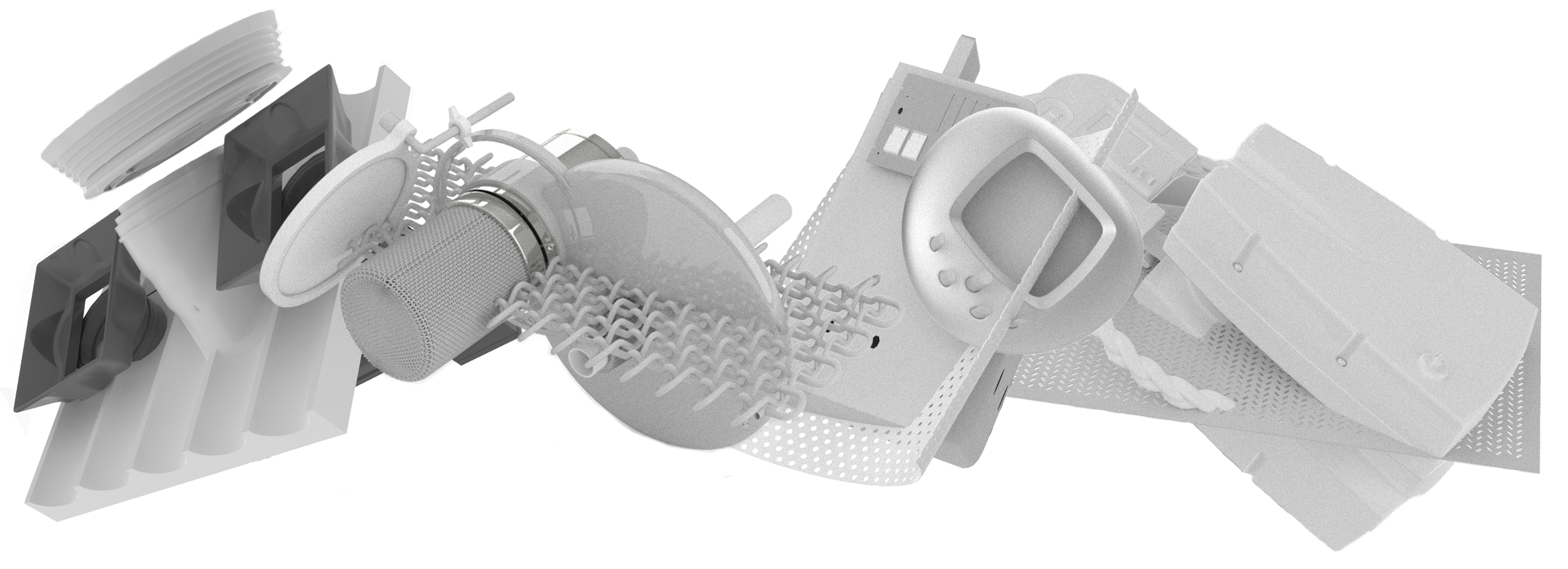Walter Forsberg, Perla Olivia Rodríguez, Sara Rodríguez Palacios
Moderator: Claudio Hernández
What is metadata? Through both historic antecedents and its current definition, this panel will reflect on the creative possibilities entailed by its aesthetic dimensions.
At a time in which technology allows for more complex forms of conceptualizing metadata, it will also lay out the difficulties of the recuperation, preservation and diffusion of early digital art and media practices.
The participants will also discuss the relevance of metadata as a mirror for our times: both the risks of its biopolitical use and its emancipatory possibilities that look to other forms of community.

This brief video presentation outlines real world metadata practices for analog videotape collections in Mexico, with a specific emphasis on the Héctor Pardo Collection—a collection of approximately 2,000 videotapes and 500 films dating from the late 1970s up through the early 2010s that forms part of the collections of the nonprofit artist collective Laboratorio Experimental de Cine. Part of ongoing research funded by the Fulbright Specialist program, this talk considers several historical and preservation implications of Mexico’s lack of a national television archive and provides actionable recommendations for smaller-scale institutional efforts aimed at preserving analog videographic legacies.

Preservation is the set of actions, methods and technologies needed to guarantee the long-term permanence of content recorded in a wide range of formats. In the field of sound archives, different formats using varied materials have been developed over the past century and a half. Processes have been identified for the preservation of these types of documents, such as collection and consumption, documentation, conservation and access. The digitalization of analog formats, as well as the rise of documents of digital origin, radically modified preservation and incorporated new processes that are relatively unexplored in the archivistic field. This conference will recount the transition from analog to digital preservation and will analyze the implications of the concept of digital curation for the creation of new digital content.

Managing a complex variety of resources that we could label contemporary, some of which are born in digital formats, constitutes a true challenge when speaking of the digitalization of heritage collections. In this talk, Sara Rodríguez Palacios shares her experiences in configuring and managing cultural heritage collections at the Institutional Repository of the Instituto Tecnológico de Monterrey and Higher Education.


